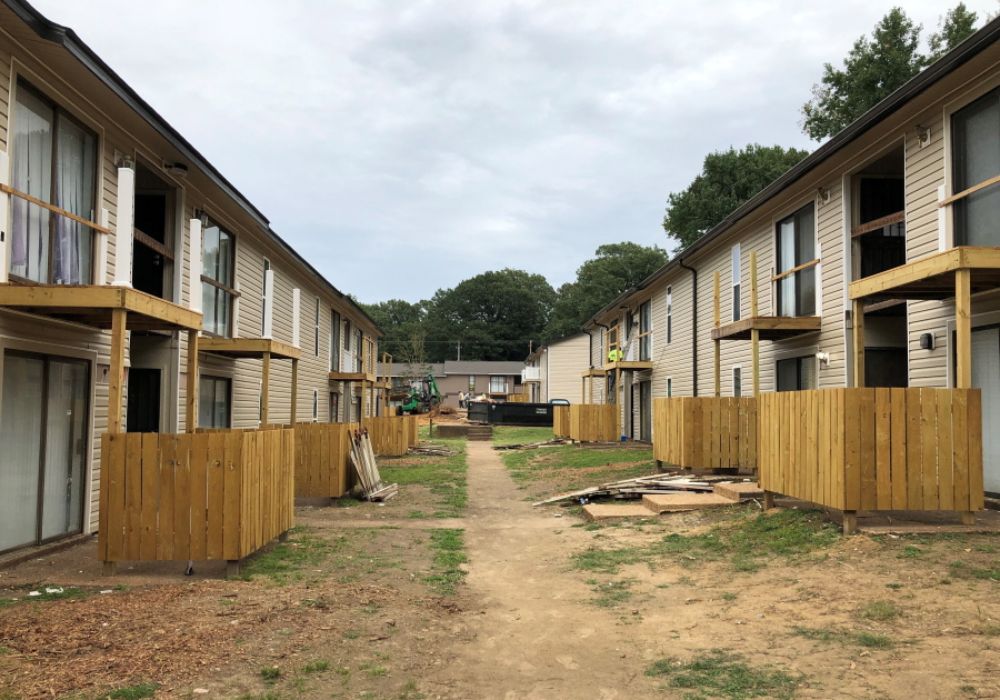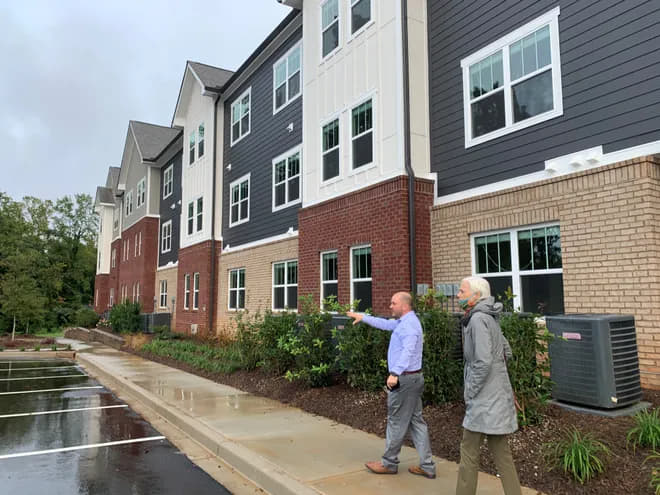One common question that many landlords have is whether they can live with their tenants in the property they are renting out. While living with tenants seems like a convenient arrangement, it is generally not recommended and in some jurisdictions may not be legal. There are important considerations around privacy, boundaries and potential legal issues that landlords need to take into account before deciding to reside with their tenant.
Can Landlord Live With Tenants?
No, landlords are typically not permitted to live with their tenants due to privacy concerns and the potential for legal liability. Living arrangements between landlords and tenants can lead to conflicts and disputes. When a landlord lives with tenants, it can blur important boundaries like the tenants' right to privacy and freedom to enjoy the property without interference.
Additionally, if any legal issues arise regarding the property's condition or tenants' rights, the landlord's residential status could complicate matters.
What Are the Benefits of a Landlord Living With Tenants?
Some benefits of a landlord living with tenants include more convenient rent collection, increased security for the property, more efficient maintenance and repairs, and the potential to develop stronger relationships with tenants.
By residing onsite, landlords can ensure timely rent is paid and quickly resolve any payment issues. Tenants are also more likely to report any suspicious activity or damage, allowing the landlord to take prompt action. Minor issues can be easily identified and addressed by the landlord living on premises.
Related: Can A Landlord Take Away Amenities?
What Are the Drawbacks of a Landlord Living With Tenants?

Some drawbacks include lack of privacy and boundaries for both tenants and landlord. It can also be difficult to manage challenging tenant behaviors if they are loud, messy or disrespectful. Living together raises the risk of tenants feeling uncomfortable reporting complaints in case it disrupts the landlord's personal life.
Legal issues could also arise if proper measures are not taken to comply with housing laws.
What Type of Property Is Best Suited for a Landlord Living With Tenants?
Larger properties with more shared and private living spaces are generally best suited. Features like soundproofing, separate street entrances and adequate sound insulation can help maintain privacy. Self-contained units are preferable for tenants. The property should have enough common amenities like laundry, parking and storage to meet tenants' needs. Clear rental terms defining responsibilities are essential.
What Type of Tenant Is Most Suitable for Living With the Landlord?
Long-term tenants who plan to stay 6 months or longer tend to treat the property more like a home and are less likely to cause problems. Families require more space while single occupants are usually more independent and flexible.
Lifestyle compatibility in terms of schedules, cleanliness and views on smoking/alcohol is also important. Thorough tenant screening helps the landlord find a compatible match.
How Can Landlords Establish Clear Boundaries When Living With Tenants?
Landlords should have separate lease agreements, living spaces where possible, and establish house rules covering issues like quiet hours, chores, guests and common area use. Professional conduct, respecting privacy, and clear communication protocols for maintenance, payments or other issues are vital.
Regular check-ins and complaints procedures prevent small problems from escalating. Overall, maintaining a landlord-tenant relationship with boundaries preserves harmony.
How Can Landlords Create a Positive Living Environment When Residing With Tenants?
Shared spaces like laundry, backyard or common rooms can foster community when tenants pitch in for cleaning and maintenance. Periodic social events allow interaction in a positive setting. Clearly communicating behavior expectations and acknowledging compliance reinforces rules.
Landlords should also address issues respectfully and involve tenants when making property decisions. Taking a collaborative approach balances privacy with building rapport.
Conclusion
While living with tenants presents benefits for landlords, various considerations around privacy, legal compliance and tenant management must be evaluated carefully. With proper screening, clear policies and maintaining boundaries in a landlord-tenant dynamic, sharing residential property can work.

Những hạn chế của chủ nhà sống vá»›i ngÆ°á»i thuê nhà là gì?





